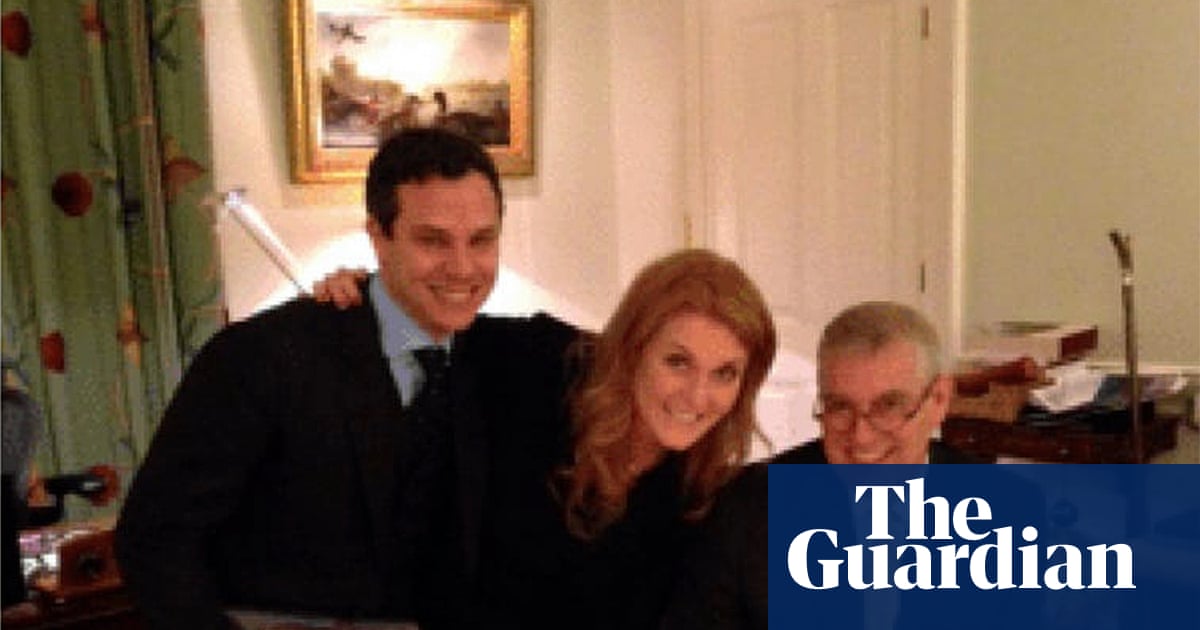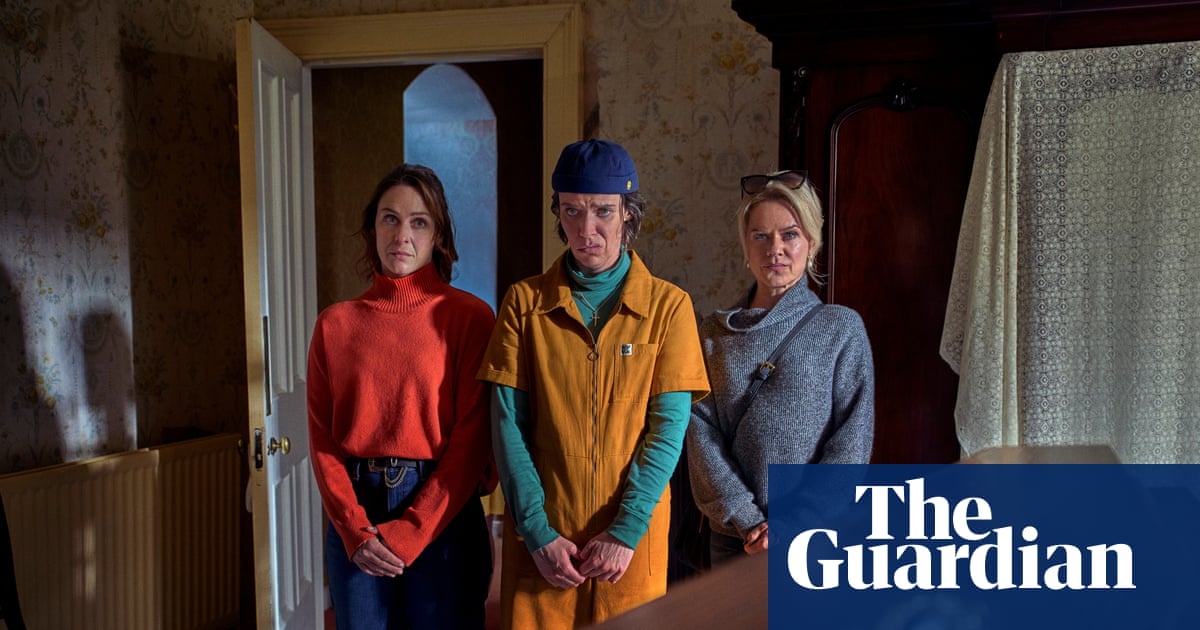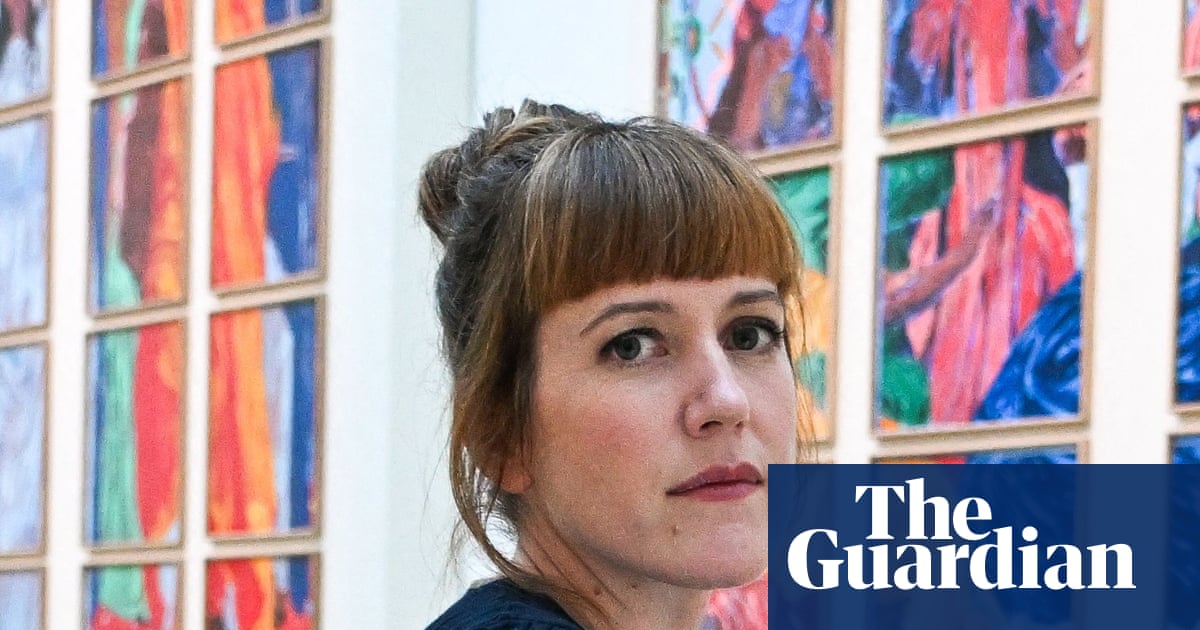Understand the job
If you have ever dreamed of seeing yourself on screen – or just want a fun way to earn additional cash – working as an extra (or “supporting artist”) can be a lucrative side hustle.
Extras are the people populating the background of television shows, films and commercials to make them look realistic– think drinkers in EastEnders pub the Queen Vic, or a passersby outside Slough House in the Apple TV+ show Slow Horses.
Supporting artists do not need any acting experience and rarely have any dialogue.
Sign up to agencies
Start by registering with one or more agencies such as Uni-versal Extras, Extra People, Ray Knight Casting, Phoenix Casting or Casting Collective.
They make money through registration fees, commission on bookings, or both. For example, Phoenix Casting charges a £30 plus VAT annual fee (deducted from your first job) plus 15% to 20% commission, while Casting Collective is free to join, but takes 20% commission on bookings.
Reputable agencies will clearly explain fees upfront. Avoid any demanding a large upfront payment, or guaranteeing work, as these could be scams.
According to Casting Collective, extras can expect to be paid between £150 and £250 a day on average.
This is usually worked out according to a union pay scheme, not the agency you use.
FAA/Pact (Film Artistes’ Association/Producers’ Alliance for Cinema and Television) rates normally apply in London and the south east of England. Pact/Equity rates generally apply elsewhere.
There are also different rates – BBC Equity and ITV Equity – if you are booked for a “continuing drama series” on the relevant channel.
Pay is normally made up of a basic day (or night) rate, plus holiday pay and overtime, with higher rates on bank holidays.
Supplementary rates apply if you are required to do certain things such as attending a separate costume fitting, bringing several outfit options, having your hair cut, swimming, getting wet, driving or delivering any dialogue.
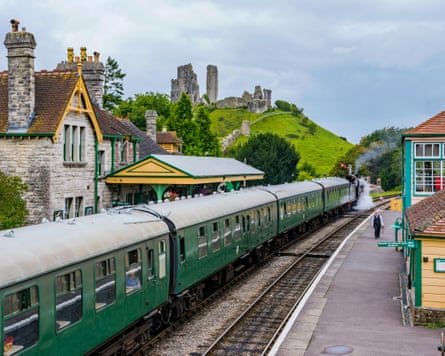
Theo Fraser, 25, works in PR and appeared as an extra in Christopher Nolan’s 2017 war film Dunkirk. He says: “I was one of the civilians at the train station at the end of the film, so my job for the day was walking up and down the station platform, handing out bottles of beer to the soldiers coming home. I got paid about £250 for one day of filming, plus £50 as compensation for letting them cut my hair.”
For ads it is usually higher and might also include a “buyout” fee that allows the production ongoing use of your image or recording.
Watch out for ‘casting calls’
This is when a production invites anyone who fits certain criteria to apply, not just those registered with agencies.
They are often used when productions need large numbers of extras with a very specific look, such as military roles.
These might be posted on social media or local community noticeboards.
In the UK, big TV and film studios include Pinewood in Buckinghamshire, Shepperton in Surrey, and Elstree and Leavesden, both in Hertfordshire. But work is not limited to those locations.
Indiana West, the head of marketing at Uni-versal Extras, says: “While being closer to major production hubs could conceivably improve how often opportunities may come your way, plenty of filming happens all over the UK and Ireland, from small towns to scenic countryside spots.”
She adds: “Productions take great effort to make sets as accessible to everyone as humanly possible, so they’ll even often provide shuttle services from nearby town centres or train stations.”

Create your profile
The casting agency will need basic details (your name, age, address etc), and will ask for lots of other information, too. This will include your physical statistics (for example height, clothing size, hair colour, any tattoos or piercings), and skills such as driving, sports or dancing.
You will need to provide a headshot, a full-length photo and sometimes images in business dress, uniforms or sports kit.
Vicky Wilson, a casting team support manager at Casting Collective, says: “Keep your profile fresh and accurate. Clear, recent photos that reflect how you look now, up-to-date measurements, and any new skills or looks make a big difference when matching people to roles.
“Uploading a few extra photos can also help you stand out for a broader range of roles.”
Getting a Disclosure and Barring Service (DBS) certificate (£21.50 via the government website), can increase your chances of working on productions featuring children.
Be ready for the job
Job inquiries will come via email or text, often using code names to keep productions confidential.
The message will outline the role (for example, a passerby), rough location, call time and estimated finish time. You need to confirm your availability and may be “pencilled in”, or “heavy pencilled in” if shortlisted. If you are not selected, you will be “released” later on; if you are booked, the “call sheet” with exact details will usually arrive the night before.
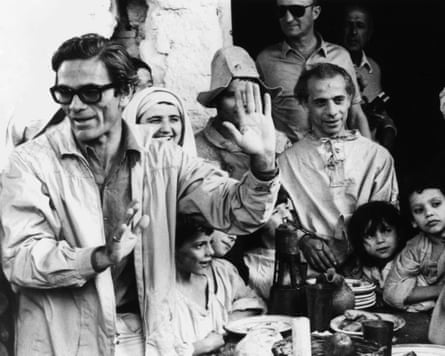
Prepare to wait
Being an extra is not glamorous – it often involves long hours, waiting around and following instructions carefully. You may spend time in costume or makeup, have to stand in the rain, or need to repeat the same scene all day.
Do not get starstruck – extras should not approach the main cast or ask for selfies or autographs. Most productions ban taking photos or videos, and phones may be confiscated on set.
Bring something to pass the time, such as a book, as you will often have long periods of downtime.
Get paid for travel and food
Background artists are paid for travel, too – how much depends on the distance and time of day. For example, productions using Equity rates pay from £4 to £20 for travel, depending on mileage, with an extra £9 for calls pre-6am (7am on Sundays or bank holidays).
FAA/Pact pays £16.12 for calls in London travel zones 1-3, and £22.54 for calls at Elstree, Pinewood, Shepperton, Long Cross, Twickenham, Leavesden and any location beyond zone 3. You get an extra £19.73 for call times pre-6am (7am on Sundays or bank holidays).
Food is usually provided on-set. Where it is not, the pay is about £5 to £25 a meal, depending on whether it is breakfast, lunch or dinner, location and union rates. You will get paid more if a meal break is delayed, cut short or missed.
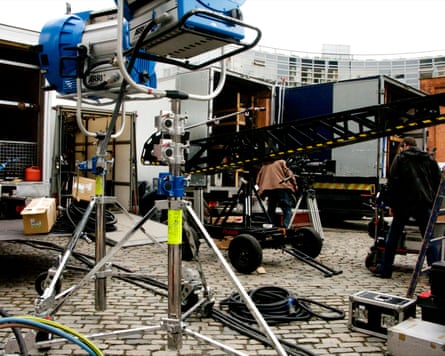
Check employment status
You are considered self-employed, so you need to pay your own tax and national insurance.
Under HM Revenue and Customs “trading allowance” rules, you can earn up to £1,000 tax free each year from trading online, self-employment and various other side hustles. If you earn more than this, you will need to register as self-employed and submit a self-assessment tax return.
You must be flexible
The work is perfect for students, freelancers and retirees who have flexible schedules. It is less suitable for anyone who needs a strict routine, as filming days can be long and change at short notice.
Simon Turner, 68, is a photographer from south London and has appeared in the background of about 25 productions, including Netflix’s The Crown and Slow Horses.
He says: “You need to have a very flexible diary … the chances of being picked are low (less than one in 20 for me), but if you accept, you are expected to keep that day free. If you get the job, you’ll be told a few days in advance. If you don’t, they’ll wait until the last minute to tell you (just in case they do need you) – which can be frustrating.”

 2 months ago
57
2 months ago
57










